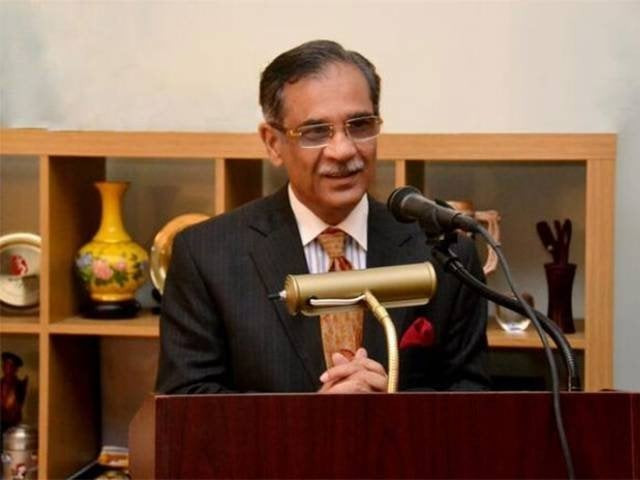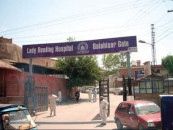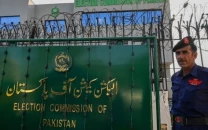CJP offers to regulate Hepatitis-C drug price
Local manufacturers unsatisfied with DRAP’s decision, approach SC after ‘losing’ in high courts

Supreme Court (SC) Justice Saqib Nisar. PHOTO: TWITTER
The CJP, heading a three-judge bench, observed that if the federal government’s policy regarding the fixation of drug’s prices is unrealistic then they (SC) could regulate the prices. “We, being custodian of the people’s fundamental rights, can play a supervisory role in determining the drug’s prices,” said the CJP.
The chief justice was amazed over the issuance of so many stay orders by the high courts regarding the fixation of the price.
DRAP cancels licences of four drug manufacturers
During June 2014 to February 2015, the Drug Regulatory Authority of Pakistan (DRAP) had fixed the price of Sofosbuvir or Sovaldi 400mg tablet for the treatment of Hepatitis-C patients for local manufacturers at Rs209 per tablet, while the imported ones were for Rs1,357 per tablet, marking a difference of 85 per cent. This compelled the local manufacturers to approach the Sindh High Court (SHC) seeking a difference of 30 per cent instead of the 85 per cent in May 2015. But to their dismay, the SHC had upheld the decision of DRAP, which had carefully studied the cost and expenses of production of the local drug before fixing its price.
The CJP said confusion is prevailing due to pendency of many cases in different high courts. However, he showed determination that they will clear all these issues in this case.
Pharmacists, lawyers claim hepatitis drug prices hiked
The CJP heard the appeals of different pharmaceutical companies, including federal government’s against the SHC’s last year verdict.
A senior government official, while talking to The Express Tribune, welcomed the CJP’s observations to resolve the confusion regarding the mechanism about the fixation of prices.
He lamented that different pharmaceutical companies have succeeded in getting stay orders by different high courts against DRAP’s orders to fix the drug’s prices.
Deputy Attorney General (DAG) Sajid Ilyas Bhatti had already, through his written submission, told the SC that after the passage of the 18th Constitutional Amendment in 2010, the pharmaceutical companies had immensely increased the prices of medicines.
DRAP accused of registration delays for local drugs
He further stated that when DRAP issued them notices, the companies challenged the DRAP’s orders in different high courts.
The DAG added that pendency of different litigations on the subject before different high courts in different jurisdictions may cause conflicting views and the question of jurisdiction should be decided once and for all. He said 25 cases against DRAP decisions are pending in the SHC at the moment.
The bench took up the petition of federal government and different pharmaceutical companies against SHC’s October 7, 2016 order to maintain the price of the drugs of Hepatitis-C.
The treatment of Hepatitis-C with Sovaldi 400mg tablets was approved by the United States in December 2013. The company appointed Ferozsons Laboratories as the distribution partner in Pakistan.
Hepatitis C medicine: Drug makers gave fake data
The appeal says that keeping in view the health urgency, the federal government and DRAP took the initiative to make the drug available for the needy patients.
The Technical Advisory Group on viral Hepatitis also strongly recommended that this new treatment be made available to patients on urgent basis in the country.
Gentz Pharmaceutical Company counsel Faisal Saddiqui stated before the top court that his client does not want to increase the price of the drug. However, he pleaded the SC to urge the federal government and DRAP not to apply their own policy while fixing the drug’s prices.
Bhatti had also objected to the SHC’s order directing the federal government not to fix the drug’s price unless flexibilities provided under Section 58 of the Patents Ordinance 2000 were fully exhausted in a transparent manner. The hearing of the case was adjourned till Friday (today).
















COMMENTS
Comments are moderated and generally will be posted if they are on-topic and not abusive.
For more information, please see our Comments FAQ